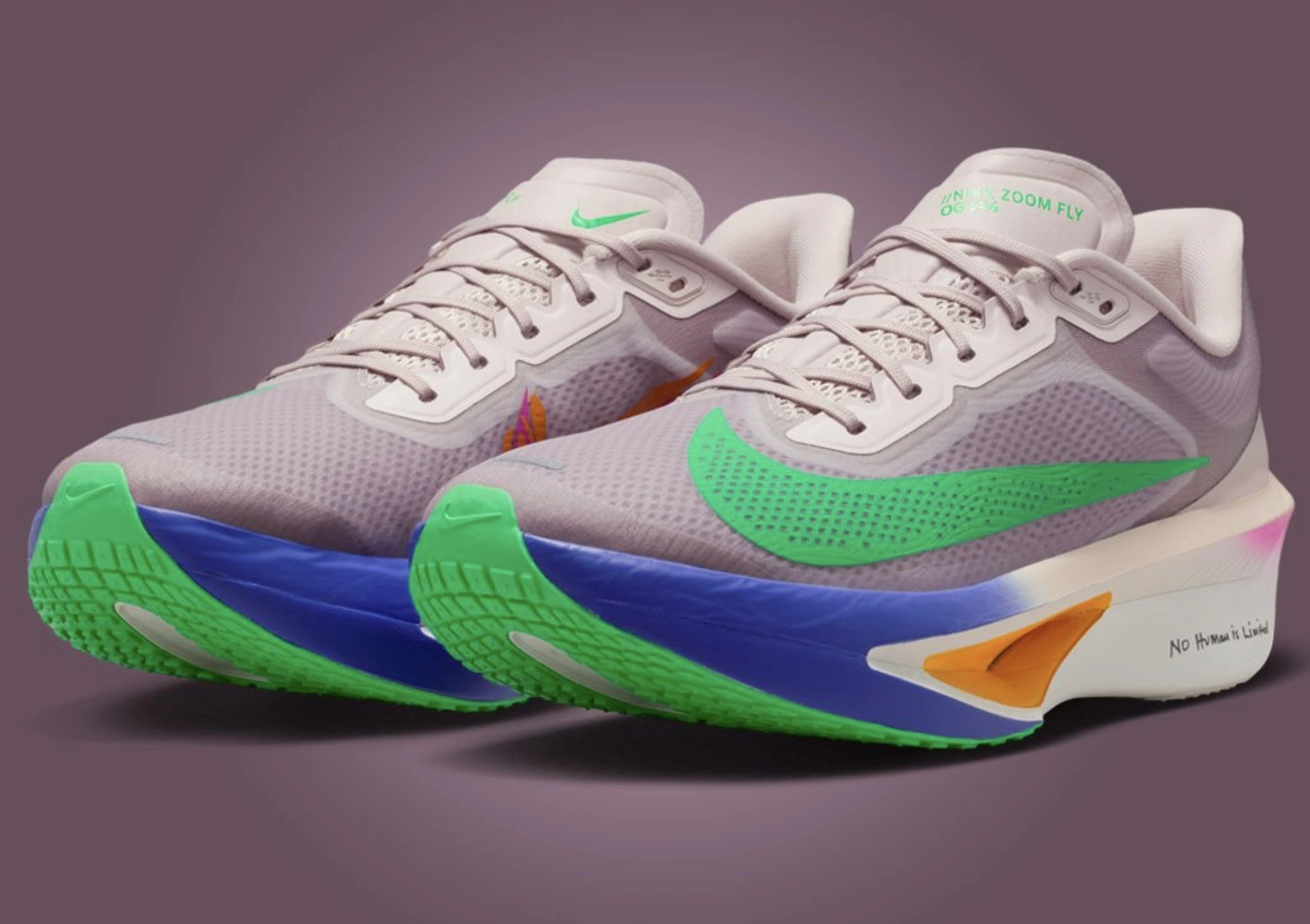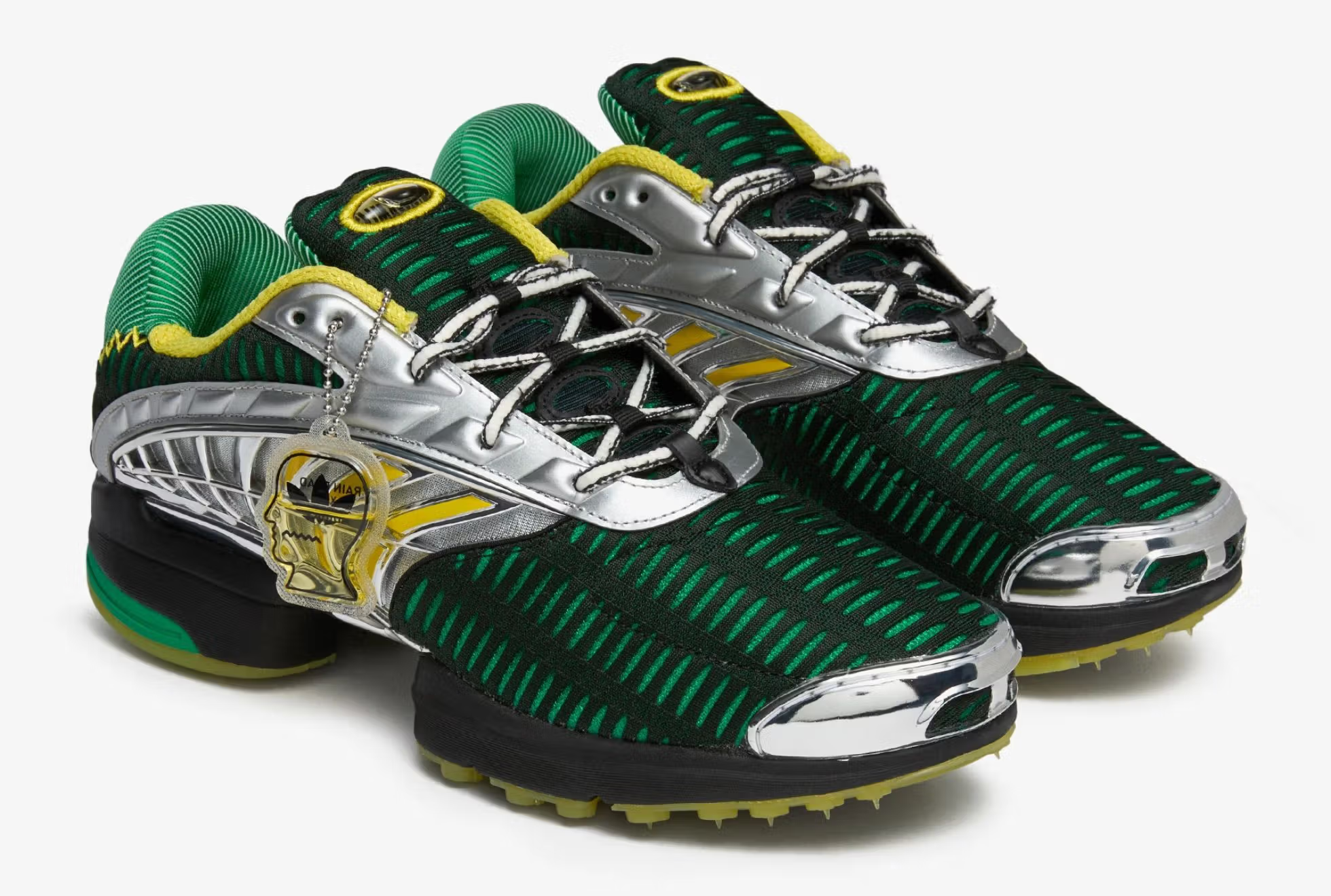French fashion house Jacquemus has long been synonymous with minimalist elegance, modern tailoring, and an effortless blend of high fashion with Mediterranean charm. However, in a move that underscores the evolving nature of luxury fashion, the brand’s latest footwear release the Tennis sneaker sold out instantly. Unlike its accompanying $1,850 dresses and $750 pants, which remain available to those willing to invest in Jacquemus sartorial vision, this relatively affordable sneaker flew off the shelves, leaving many fashion enthusiasts scrambling to secure a pair.
The instant sellout of the Jacquemus Tennis sneaker is no anomaly in today’s fashion landscape. It speaks to broader cultural and economic trends surrounding luxury fashion, hype culture, and the increasing importance of accessibility (or at least the illusion of it) in brand strategy. The shoe’s success is a testament to the ongoing evolution of how luxury houses engage with their consumers, shifting from exclusivity based on price alone to exclusivity through scarcity and desirability.
The Sneaker Phenomenon in Luxury Fashion
Sneakers have undergone a profound transformation over the past two decades. Once relegated to the world of athletics and streetwear, they have become central to the luxury fashion industry. Brands like Balenciaga, Gucci, and Dior have successfully integrated sneakers into their collections, often positioning them as must-have status symbols. The Jacquemus Tennis sneaker follows in this tradition, but with an approach that leans more toward timeless sophistication rather than the chunky, maximalist aesthetic popularized by brands like Balenciaga with its Triple S.
Jacquemus has always maintained a strong sense of brand identity, rooted in a minimalist and Mediterranean aesthetic. The Tennis sneaker aligns with this philosophy clean lines, a streamlined silhouette, and an understated yet elegant design that seamlessly blends with the brand’s broader collection. This simplicity makes it an ideal entry point for consumers who admire the brand but may not be able to justify spending nearly $2,000 on a dress.
Scarcity as a Marketing Strategy
One of the most compelling aspects of the Tennis shoe’s success is its immediate sellout, which highlights the power of controlled scarcity. Luxury brands have increasingly adopted the principles of streetwear drops, where limited supply generates immense demand and fuels resale markets. This tactic, popularized by brands like Supreme and Nike, has found its way into the luxury space, with brands like Louis Vuitton, Chanel, and Jacquemus capitalizing on the fervor that scarcity creates.
Unlike the brand’s ready-to-wear collections, which remain available for extended periods, the Tennis sneaker was released in limited quantities, ensuring that only a select group of customers could secure a pair. This strategy does more than drive immediate sales it fosters a sense of urgency, making consumers more likely to purchase on impulse rather than deliberate over their decision.
The Accessibility Illusion: A Gateway to Luxury
While a $750 pair of Jacquemus pants or an $1,850 dress may be out of reach for many consumers, a shoes particularly one priced within the luxury sneaker market offers a more attainable entry point. The Tennis sneaker sits within a price bracket that, while still expensive, is significantly more accessible than the brand’s core ready-to-wear pieces. This price positioning is strategic, as it allows Jacquemus to tap into a broader consumer base without diluting its luxury image.
Luxury brands have long relied on accessories handbags, belts, fragrances—to serve as entry-level purchases for aspiring customers. The sneaker has now become one of the most effective tools in this strategy, offering a way for consumers to engage with a brand’s identity at a (relatively) lower cost. For many, owning a Jacquemus sneaker is not just about the product itself but about what it represents: an association with the brand’s world of effortless chic and aspirational fashion.
Cultural Currency and the Resale Market
The immediate sellout of the Tennis sneaker also signals its value in the secondary market. In today’s fashion economy, resale platforms like StockX, Grailed, and The RealReal play a significant role in shaping desirability. When a sneaker sells out upon release, it often reappears on these platforms at inflated prices, further reinforcing its status as a must-have item.
The scarcity of the Tennis sneaker creates a ripple effect where even those who may not have initially been interested suddenly feel compelled to acquire it. The resale market thrives on exclusivity, and a sold-out sneaker is the perfect candidate for this ecosystem. For those who missed the initial release, paying a premium on the resale market becomes a way to secure not just the shoe but the social capital that comes with owning a coveted piece.
Jacquemus and the Future of Luxury Drops
The success of the Tennis sneaker is likely to influence Jacquemus future product releases. While the brand has already embraced a modern, digital-first approach leveraging social media, influencer marketing, and collaborations it may continue to experiment with drop-style releases to maintain consumer excitement and engagement.
Jacquemus has cultivated a strong following through its highly curated aesthetic and compelling storytelling. Founder Simon Porte Jacquemus has masterfully positioned the brand as both exclusive and relatable, balancing high fashion with a sense of accessibility that resonates with younger consumers. The Tennis shoe embodies this duality, offering a product that is both aspirational and within reach for a larger audience.
The brand’s ability to sell out a sneaker instantly suggests that its audience is eager for more. This could mean future footwear collaborations, expanded sneaker drops, or even a shift toward more limited-edition releases across other product categories.
Final Thoughts
The Jacquemus Tennis shoe’s instant sellout is not merely a reflection of its design or price point but a broader indication of how luxury fashion is evolving. Brands are no longer just selling products; they are selling experiences, cultural cachet, and the illusion of exclusivity. By crafting a product that is both desirable and scarce, Jacquemus has tapped into a powerful formula that drives consumer demand.
As luxury fashion continues to intersect with streetwear and digital culture, the success of the Tennis sneaker serves as a case study in how brands can harness hype without compromising their identity. Whether this marks the beginning of a larger shift for Jacquemus or simply a one-off phenomenon, one thing is clear: the brand understands how to capture attention, and in today’s crowded fashion landscape, that is more valuable than ever.
No comments yet.







